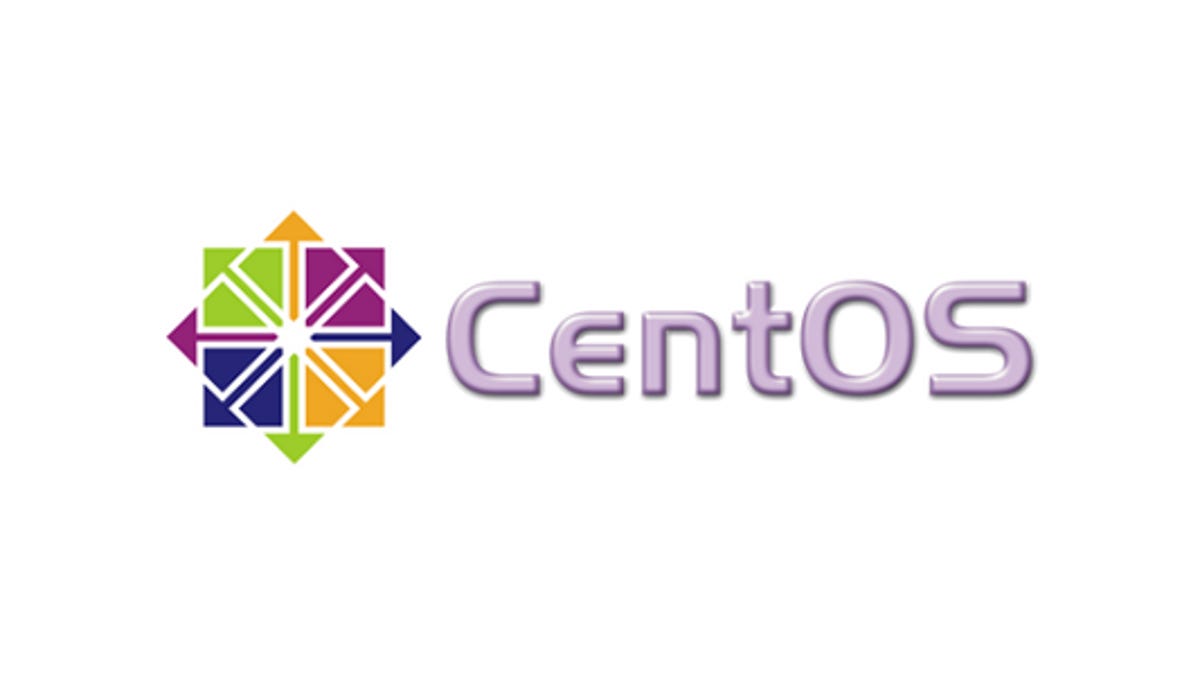Originally posted by 137ben
View Post
Announcement
Collapse
No announcement yet.
Oracle Might Be Canning Solaris
Collapse
X
-
-
I think the point was that people who run CentOS but need support contracts can easily switch to RedHat. Keeping CentOS up-to-date and largely the same ad RHEL makes such a switch easier, and thus helps RedHat.Originally posted by starshipeleven View PostNo wait, I've never seen anyone offering support contracts for CentOS. I was under the impression that the ones needing support would choose RHEL.
- Likes 2
Comment
-
I'm not sure what else Red Hat has to gain from pumping money into CentOS. Perhaps it's an easy gateway into RHEL, or more shared security patches between the distros? Or perhaps it allows them to make sure CentOS stays compatible with RHEL, so they can push support for other products, such as their middle ware.Originally posted by starshipeleven View PostNo wait, I've never seen anyone offering support contracts for CentOS. I was under the impression that the ones needing support would choose RHEL.
Edit:
Indeed that's another way to look at it.Originally posted by TheBlackCat View Post
I think the point was that people who run CentOS but need support contracts can easily switch to RedHat. Keeping CentOS up-to-date and largely the same ad RHEL makes such a switch easier, and thus helps RedHat.
Comment
-
The plans have been public for a long timeOriginally posted by Mystro256 View Post
I'm not sure what else Red Hat has to gain from pumping money into CentOS. Perhaps it's an easy gateway into RHEL, or more shared security patches between the distros? Or perhaps it allows them to make sure CentOS stays compatible with RHEL, so they can push support for other products, such as their middle ware.
 Months after adopting the Red Hat Enterprise Linux clone CentOS, Red Hat is starting to unveil its CentOS plans.
Months after adopting the Red Hat Enterprise Linux clone CentOS, Red Hat is starting to unveil its CentOS plans.
- Likes 1
Comment
-
We use CentOS at work. I think Red Hat is just taking the traditional free software approach. People who know what they're doing probably don't need the additional support but they may contribute back, if not to the OS itself, then to the wider ecosystem. I don't recall doing much for RHEL itself but we've spent countless man hours working on Chef cookbooks that support it.
- Likes 1
Comment
-
Pretty much. That's what we do at work - development machines run CentOS, while testing environments (and the clients) run RedHat with a support contract.Originally posted by TheBlackCat View PostI think the point was that people who run CentOS but need support contracts can easily switch to RedHat. Keeping CentOS up-to-date and largely the same ad RHEL makes such a switch easier, and thus helps RedHat.
I suspect that from the RedHat perspective, it's a useful branding split. The actual product is more or less identical, but it's clearer to distinguish "free CentOS vs commercial RedHat" than it is to distinguish "RedHat with or without a support contract".
Comment

Comment